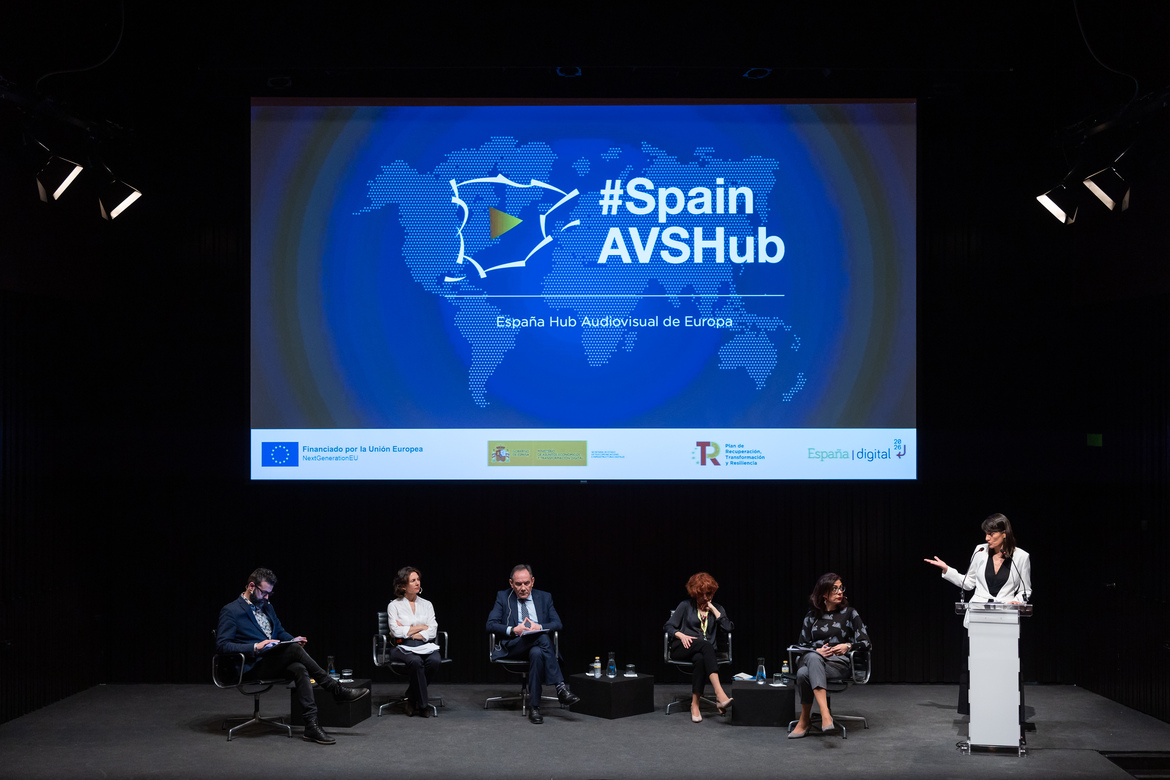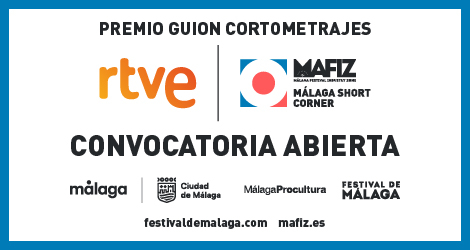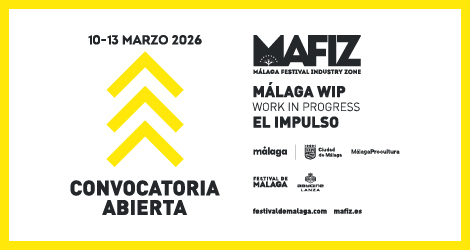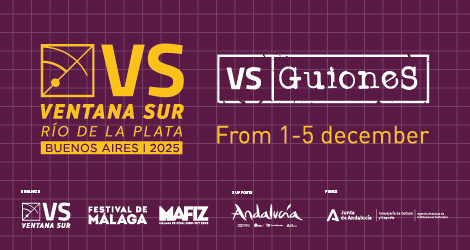
The Malaga Film Festival hosts the roundtable ‘Two years of support for the audiovisual sector: impact and challenges’ of the plan Spain Audiovisual Hub
Representatives of the Ministries involved in the plan explained the results of the work carried out in these last two years
The Malaga Film Festival was the framework chosen by the institutions involved in the plan Spain Audiovisual Hub, the objective of which is to position Spain as the audiovisual hub of Europe, to present the results of the work carried out during the last two and explain the progress made in respect to support mechanisms, fiscal credits and forms of financing that are offered to the audiovisual sector.
The Plan, which was presented two years ago by the Spanish Prime Minister Pedro Sánchez, has the objective of boosting Spanish audiovisual production in the digital era and attracting international investment and talent. It foresees an investment of 1,603 million euros until 2025, financed in part with the UE’s Next Generation funds. This allocation includes aid for the sector, as well as enhancing the financial instruments at the disposal of the General State Administration, such as the Institute for Official Credit (ICO) and the National Enterprise for Innovation (ENISA).
María González Veracruz, Secretary of State for Telecommunications and Digital Infrastructures (Ministy of Economic Affairs and Digital Transformation); María Peña, CEO of ICEX España Exportación e Inversiones (Ministry of Industry, Commerce and Tourism); Tito Rodríguez, Director of Marketing Policies at ICAA (Ministry of Culture and Sports); Natalia Jaquotot Garre, Deputy Director General for Taxes on Legal Entities (Ministry of Inland Revenue); Santiago Yerga, Director General for Migrations (Ministry of Inclusion, Social Security and Migrations); and Cristina Morales, Deputy Director General for Audiovisual Communication Services Planning (Ministry of Economic Affairs and Digital Transformation) were in charge of explaining the achievements in representation of the Ministries involved in the plan Spain, Audiovisual Hub of Europe.
Following the welcome by Juan Antonio Vigar, who thanked the institution for their support for the Malaga Film Festival and for choosing it as the venue for the presentation, María González Veracruz opened the act celebrating the sector’s substantial growth thanks to the “more than evident” results of the Plan Spain Audiovisual Hub. Visibly satisfied by the achievements obtained and the progress made, she stated that given the current situation, Spain could even consider “the ambition of not only being Europe’s audiovisual hub, but also of the whole world”. In this sense, González Veracruz stressed the Plan’s transversal nature, and mentioned that 1,200 million euros of the Budget assigned to the Hub had already been executed, generating “excellent results and a greater visibility of the Spanish audiovisual sector worldwide”. Furthermore, he claimed that “we will continue to see results in the next few years”, highlighting the importance of the collaboration between the public and private sectors in order to achieve these results. He ended his intervention by insisting that the slogan “Spain is the place to be” is what best defines the achievements, obtained thanks to the efforts of 13 Ministries and a group of collaborating entities, something which is “not common in other territories”.
The Plan, whose three main objectives are to convert Spain into a pole of attraction for audiovisual production, improve the competitively of companies through the application of new technologies and to generate talent by reducing the gender gap, proposes measures that revolve around four core ideas, each one represented by a participant of the roundtable.
Maria Peña addressed the first idea, that is “to digitize, internationalise and attract investments”, confirming the enthusiasm expressed by González Veracruz and adding that even though ICEX España Exportación e Inversiones had been working for a long time to promote internationalisation and to attract direct foreign investments, it was thanks to this joint plan that they succeeded in entering “a virtuous circle which has enabled us in the last two years to increase activities and their impact”, going from 25 in 2021 to over 80 in 2023, in other words three time as many”.
She also celebrated the possibility of being able to count on “strong brands like the ones associated to Audiovisual from Spain in order to present ourselves with force in all the international markets we are visiting with great success”. In respect to the connections that the institution is promoting between Spanish companies and foreign investors, Peña highlighted the importance of the implementation of the Bureau, “a platform for administrative organization that enables companies and investors to have a single point of access from Spain and from the exterior in order to enhance contacts and business opportunities”.
As regards the core idea of “regulatory reforms and elimination of administrative barriers”, Santiago Yerga highlighted the possibility of greater flexibility for visas and work permits for audiovisual professionals who come to work on productions whom “Spain cannot lose, and that for this purpose has created a special window for visas and work/or residence permits, which include family grouping”. In this sense, Yerga insisted that “there was a before and after the 12th of November, 2021.”
In respect to the core idea of “improving financial and fiscal instruments”, Natalia Jaquotot Garre mentioned the fiscal incentives for Spanish audiovisual production, and stated that with regards to taxation, the audiovisual’s capacity to generate wealth was evident, together with the need to provide the sector with tools to facilitate access to financing. In this sense, she pointed to “the creation of the figure of financer, which simplifies because it allows the direct transfer of the planned incentives”.
Lastly, Tito Rodríguez dealt the with idea of “promoting talent and the development of human capital”, emphasizing the importance of the Draft Law of Film and Audiovisual Culture. He also celebrated the increase of ICAA’s budget for 2023, and the launch of new lines in the last two years, such as the one for incubators and laboratories. He reminded the audience that “it was not only a question of money, but also of implementing transversal development and promotion measures, with a commitment to diversity, sustainability, gender equality, all of it reflected in recent years in the aid provided”. The representative of ICAA also highlighted the recent international success of Spanish cinema and the milestone of Spain’s selection as the guest country at the 2023 Cannes Festival Marché du Film.










